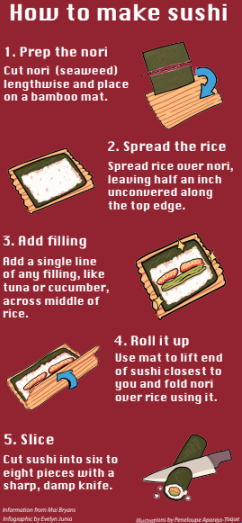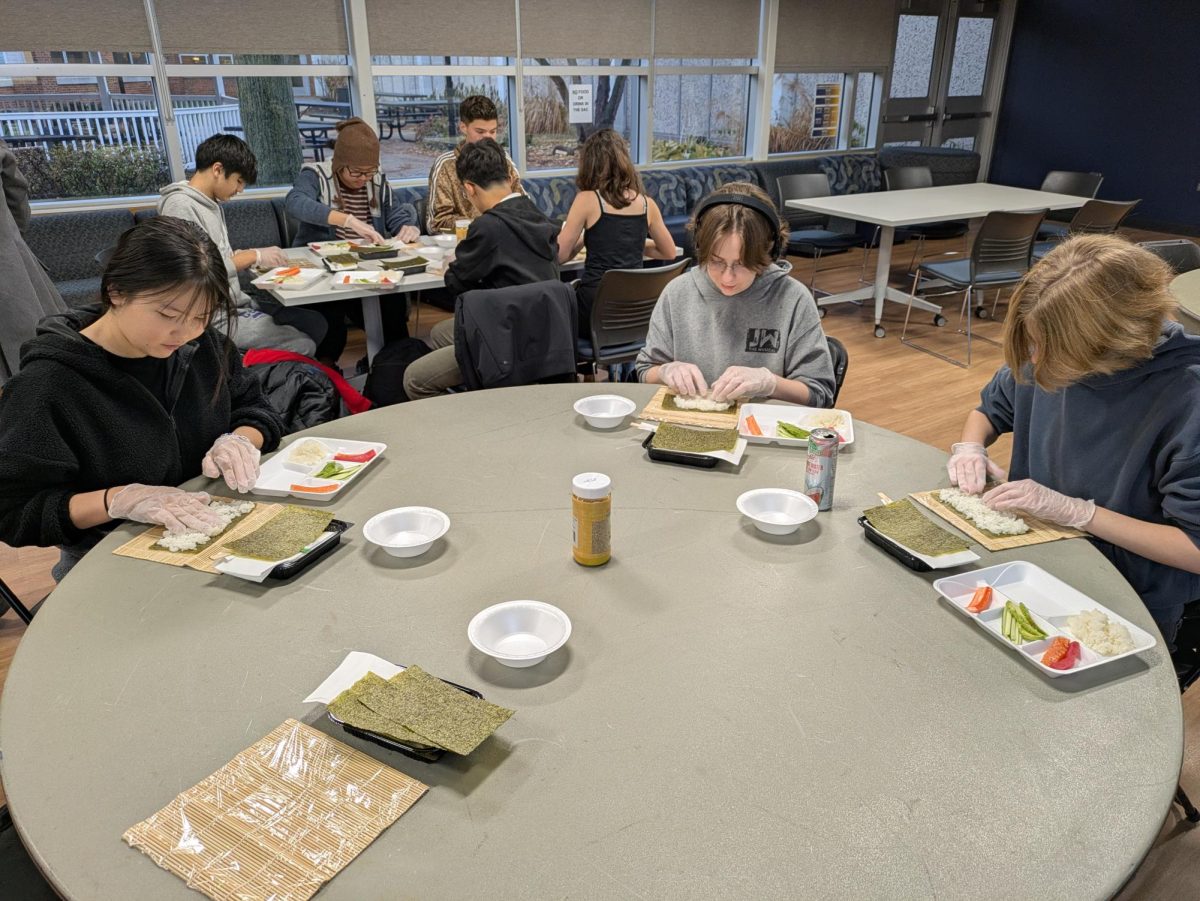Music, lights, fireworks and parades are just a few ways the Chinese ring in the New Year – the Chinese New Year, that is. On midnight of Jan. 23, 2012 Chinese people around the world welcomed and celebrated the year of the dragon.
According to CNN.com, the Chinese New Year, also known as Spring Festival, lasts for 15 days and concludes with the Lantern Festival. The holiday is based on the lunar calendar with 12 different animals representing years. The festivities start off with the first new moon in late January or February and end on the final day of the full moon.
“The Chinese New Year starts on the first day of the Lunar Calendar,” Chinese teacher Hong Wu explained. “It marks the beginning of the spring season because in the spring everything is awakening […] Life is coming out of hibernation in the winter.”
This year’s animal, the dragon, symbolizes a brave, innovative and passionate year, according to CNN.com.
“Each year is unique and I believe personally that each animal represents the uniqueness of the year and also the personalities of the people that are born in the year,” Wu said. “Chinese people believe that they are descendants of dragons, […] so the year of the dragon is more significant than other years.”
Junior Doug Chan and his family celebrate the Chinese New Year.
“For us [the Chinese New Year is just] another New Year’s Party,” Chan said. “We invite friends over, family over and just have a good time. People bring food and hang out.”
Similarly to Chan, junior Alison Mah enjoys welcoming the New Year by celebrating with family.
“For the Chinese New Year, everyone really makes an effort to get together,” Mah said. “It’s a time to reflect on last year and prepare for the coming year.”
According to Chan, one tradition on this holiday is the passing of “red envelopes.”
“It’s usually among close friends,” Chan said. “You get red envelopes and inside there’s money. You wish whoever you’re giving [the red envelope] to a happy new year.”
According to Wu, the aim of this tradition is to share the wealth made in the previous year and hope for greater wealth in the New Year.
“I get [red envelopes] from my parents, aunts, uncles, close family friends and grandparents,” Chan said. “But my parents also prepare them for my siblings, cousins, family friends. So people are just exchanging money.”
Wu also has fond memories of this New Year tradition.
“My mom would put [red envelopes] under my pillow on New Year’s Eve, and I’d wake up the next morning to money and new clothes,” Wu explained.
Another tradition Chan and his family celebrate during the New Year is the cooking and eating of noodles.
“You have to have noodles because noodles represent longevity because they are usually one long strand,” Chan recalled.
This year, Chan’s Chinese New Year was different than past ones due to the fact that he traveled to China to celebrate it.
“[I looked] forward to this year’s trip because it was the first time [I went] to China in the New Year,” Chan explained. “Usually I celebrate it here, and that’s always been fun.”
Chan noticed various differences in his experience celebrating the Chinese New Year in the states in contrast with celebrating in China.
“In China, it’s a lot different,” Chan said. “It is literally chaos in the streets, people are going nuts. There are firecrackers, lots and lots of firecrackers. The reason we set off firecrackers is because people believe that they’ll get rid of evil spirits.”
Wu explains that in America Chinese New Year celebrations do not take place outside of Chinese homes.
“It’s quieter here because it’s not even a public holiday,” Wu said. “In China the whole world stops for 15 days, like no business or anything.”
Besides the red envelope tradition, fireworks and food, Chan said his favorite part of celebrating the Chinese New Year was seeing family and friends that he doesn’t normally get to see.
“There are probably five or six families that I’ve known since I was born, that I don’t get to see that often,” Chan said. “But during the Chinese New Year everyone comes.”
Wu appreciates celebrating the Chinese New Year with Americans so she has the opportunity to teach them about her culture.
“[The Chinese New Year] is even more significant to me as a Chinese [person] in America [as opposed to China] because I am introducing this wonderful culture to a lot of my American friends,” Wu said.







